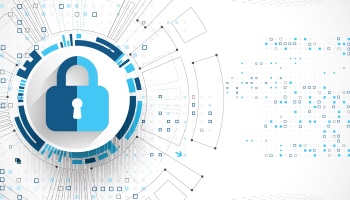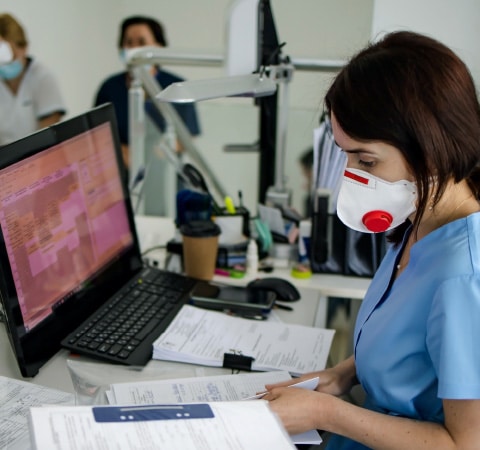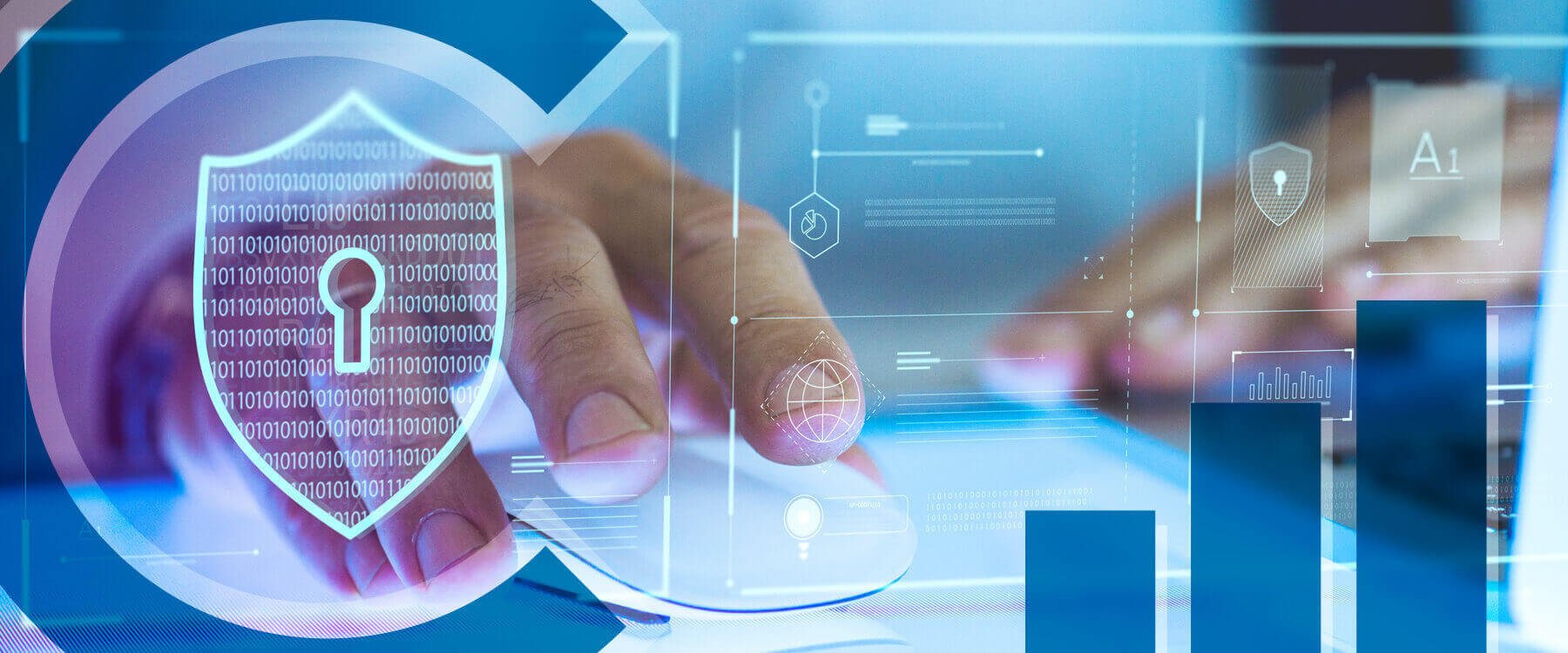Digitalization is the best thing that has happened to the modern world. There is no doubt about it. Many industries made a considerable jump forward by presenting their customers with various online services in the last decade.
Services that transform the customer journey and remove different friction points entirely.
Healthcare organizations are part of an industry that has experienced an enormous surge in service digitalization. However, this transition from paper archives to digital solutions exposed the organizations to many cybersecurity breaches.
According to Becker’s Hospital Review, in 2020, there were nearly 600 data breaches in the U.S. healthcare sector. This is 50% more than in 2019. In addition, the average cost per breach is increasing, reaching nearly $500 per breached record.
Unfortunately, 2021 wasn’t much better. According to the U.S. Department of Health and Human Services Breach Portal, there were more than 300 data breaches affecting at least 500 pieces of protected health information (PHI) in the first half of 2021 alone.
While it seems like a cybersecurity breach poses only a financial threat, the risks don’t stop there. State and federal penalties may be imposed on healthcare organizations. Furthermore, an organization’s reputation may suffer while they shut down in response to the breach.
Data breaches in the healthcare sector
Several reports indicate that data breaches in the healthcare sector can be attributed to the four following factors.
- Lacking Ongoing Security Assessments
The idea that cybersecurity is a one-time process rather than a series of systems, processes, and training is one of the biggest causes of data breaches in the healthcare industry.
There are still a lot of managers, directors, CEOs that believe cybercriminals are not interested in healthcare organisations. The truth is that cybercriminals are interested in personal data, regardless of industry, company size, or turnover. Unfortunately, nobody is safe.
Many healthcare organizations fall into the trap of using outdated IT systems that are no longer being actively maintained and supported. An example of such a system might be Windows 7 or Windows Server 2008 R2.
Using outdated antivirus or anti-malware software is another error that is pretty common in the healthcare industry. Additionally, organisations regularly switch to a new IT system, add new employees, and change operational procedures without updating security protocols or training staff. As a result, these actions impose a higher risk of a security breach.
Routine security assessments are one of the most effective ways to prevent cybersecurity breaches caused by outdated systems or destructive processes. You can use them to identify areas where you may be at risk and address them immediately.
- Phishing Scams
Phishing is one of the most popular scam tactics, yet many healthcare organisations miss out on training their staff to identify them.
A phishing attack involves scammers sending emails that appear to be from trusted sources. Healthcare employees click on these emails and are tricked into providing personal information that will allow cybercriminals to access confidential systems.
Some phishing scams lure employees into clicking on links that install malware. As a result, cybercriminals can steal patient data, usually for the purpose of selling it or ransoming it back to the healthcare provider.
One of the best ways to protect your organisation from phishing is to train your employees to spot suspicious emails to avoid this kind of scam. There is no workaround. You have to put the time in.
You can run a security awareness phishing campaign that will simulate a phishing attack. During the training, you can monitor how staff respond and use the information to locate vulnerabilities and improve your employee security knowledge.
- Easy Access to Patient Data
The majority of healthcare data breaches occur when healthcare providers make it too easy for hackers to gain access to patient data. A best practice is to use two-factor authentication. This additional layer of security requires two different forms of identification (such as a password and a security code) before an employee accesses confidential data. Therefore, you should ensure that users (employees) can’t turn off this authentication process. In addition, you should know at all times who has access to patient personal data.
In order to minimize the risk of cybersecurity breaches due to employees forgetting to log off their devices, HIPAA regulations mandate that any device with patient data must have an automatic log-off feature installed.
- No Data Encryption
Last but not least, the lack of data encryption is one of the most common causes of a cybersecurity breach in the healthcare industry. Usually, due to lost or stolen devices which contain unencrypted patient data, hackers get easy access to tons of personal data. In addition to posing serious cybersecurity risks, this violates several HIPAA rules.
In fact, all healthcare organizations are legally required to do so in order to secure electronically protected health information (ePHI). To prevent the risk of exposing your patient data to cybercriminals, review all your systems and identify those that do not employ data encryption.
Then, you should either upgrade your systems to a version with encryption capabilities or change to software that has all the necessary security features.
Protect patient data with enterprise cybersecurity from CloudScale365
As a healthcare organization, your main responsibility is to offer high-quality healthcare services to your patients.
When it comes to the IT aspect of your business, the best option is to trust a Managed Service Provider with a proven track record.
CloudScale365 can offer you end-to-end protection for your entire infrastructure, including your patients’ personal data.
There is no need to look for different IT solutions to protect your business against cyberattacks. We developed an all-in-one service that gathers everything in itself, including:
- backup and recovery
- anti-malware
- patch automation
- URL filtering
- file and disk image backups
- ransomware protection
- disaster recovery
- global threat monitoring
Our team of experts is ready to build a custom-made cybersecurity plan that will satisfy your organisation’s needs best. The whole process contains four easy steps:
- Identify – Vulnerability assessment and creation of a data protection map.
- Protect – Installation of remote agents and setup of backups and DR.
- Respond – Malware quarantine, patch management, and integrated backup.
- Recover – Up-to-date backup to recover fast and fully from possible attacks.
Take advantage of our free onboarding consultation. Get in touch with us for the implementation of a versatile end-to-end security strategy for your organisation.






